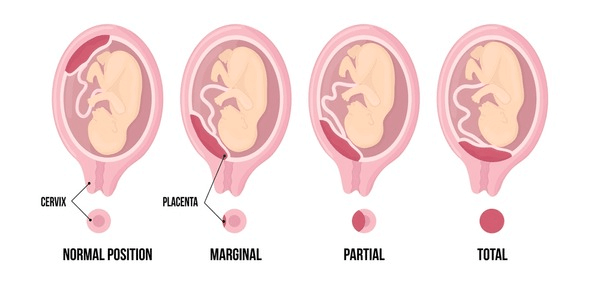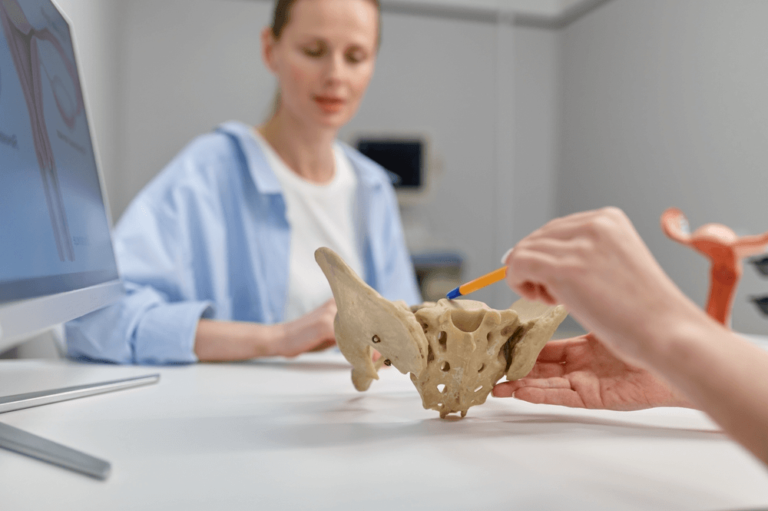OB-GYN or Midwife: Which is Better for You?

Choosing the right caregiver for your pregnancy and childbirth journey is a crucial decision. The two primary types of caregivers are obstetrician-gynecologists (OB-GYNs) and midwives. Each has its own approach and philosophy, which can influence your experience significantly. Understanding the differences between these two can help you make an informed choice.
The Medical Approach: OB-GYN
OB-GYNs follow a medical approach to pregnancy, labor, and birth. This perspective views these processes as potentially risky and focuses on identifying and managing complications. Here are some key characteristics of the medical approach:
- Risk Management: OB-GYNs are trained to detect and manage potential complications. They often conduct routine tests and monitoring to ensure the safety of both mother and baby.
- Interventions: They are more likely to use medical interventions such as ultrasounds, labor inductions, epidurals, and cesarean sections if they deem it necessary.
- Hospital Births: OB-GYNs typically deliver babies in hospital settings where advanced medical equipment and emergency care are readily available.
Also read: Positive Pregnancy Test But No Pregnancy Symptoms – Will I Miscarry?
The Midwifery Approach: Midwife
Midwives, on the other hand, adopt a midwifery approach, viewing pregnancy and birth as natural processes. This approach focuses on supporting the mother’s physical, emotional, and social well-being. Key aspects of the midwifery approach include:
- Holistic Care: Midwives provide comprehensive care that includes emotional and social support, education, and assistance throughout pregnancy and childbirth.
- Minimal Interventions: They prioritize natural birth methods and minimize the use of medical interventions unless absolutely necessary.
- Birth Setting Flexibility: Midwives can attend births in various settings, including homes, birthing centers, and hospitals, depending on the mother’s preference and risk level.
Pros and Cons
OB-GYN
Pros:
- Expertise in managing high-risk pregnancies and complications.
- Access to advanced medical technology and emergency care.
- Routine monitoring and testing for potential issues.
Cons:
- Higher likelihood of medical interventions.
- May have less time for individualized care and support.
Midwife
Pros:
- Personalized care with a focus on emotional and social support.
- Lower rates of medical interventions.
- Flexible birth settings, including home births.
Cons:
- May not be equipped to handle high-risk pregnancies or emergencies.
- Requires careful selection to ensure proper training and qualifications.
When to Choose an OB-GYN
- High-Risk Pregnancy: If you have chronic medical conditions such as high blood pressure, diabetes, or heart disease.
- Complications: If complications develop during your pregnancy or if you are expecting multiples.
- Preference for Medical Settings: If you feel more comfortable with routine monitoring and the availability of advanced medical care.
When to Choose a Midwife
- Low-Risk Pregnancy: If you have a healthy pregnancy with no major complications.
- Personalized Care: If you seek individualized care with more time for questions and emotional support.
- Natural Birth Experience: If you prefer a natural birth with minimal interventions and the option for a home birth.
Making the Decision
Regardless of whether you choose an OB-GYN or a midwife, it is essential to research and understand their philosophies, expertise, and qualifications. Here are some steps to take:
- Interview Caregivers: Meet with potential OB-GYNs and midwives to discuss their approach and ask about their experience and training.
- Check Credentials: Ensure that your chosen caregiver is properly licensed and has the necessary qualifications.
- Understand Their Policies: Be clear about their stance on medical interventions and their ability to handle emergencies.
Conclusion
Choosing between an OB-GYN and a midwife depends on your individual needs, preferences, and pregnancy risk level. Both types of caregivers have their strengths, and understanding these can help you make the best decision for your pregnancy and childbirth experience.
Also read: Morphine During Pregnancy – Is It Safe?






